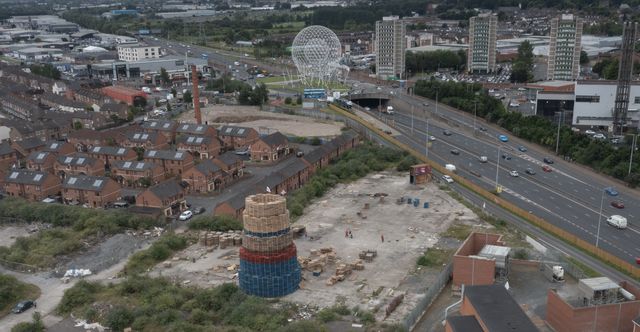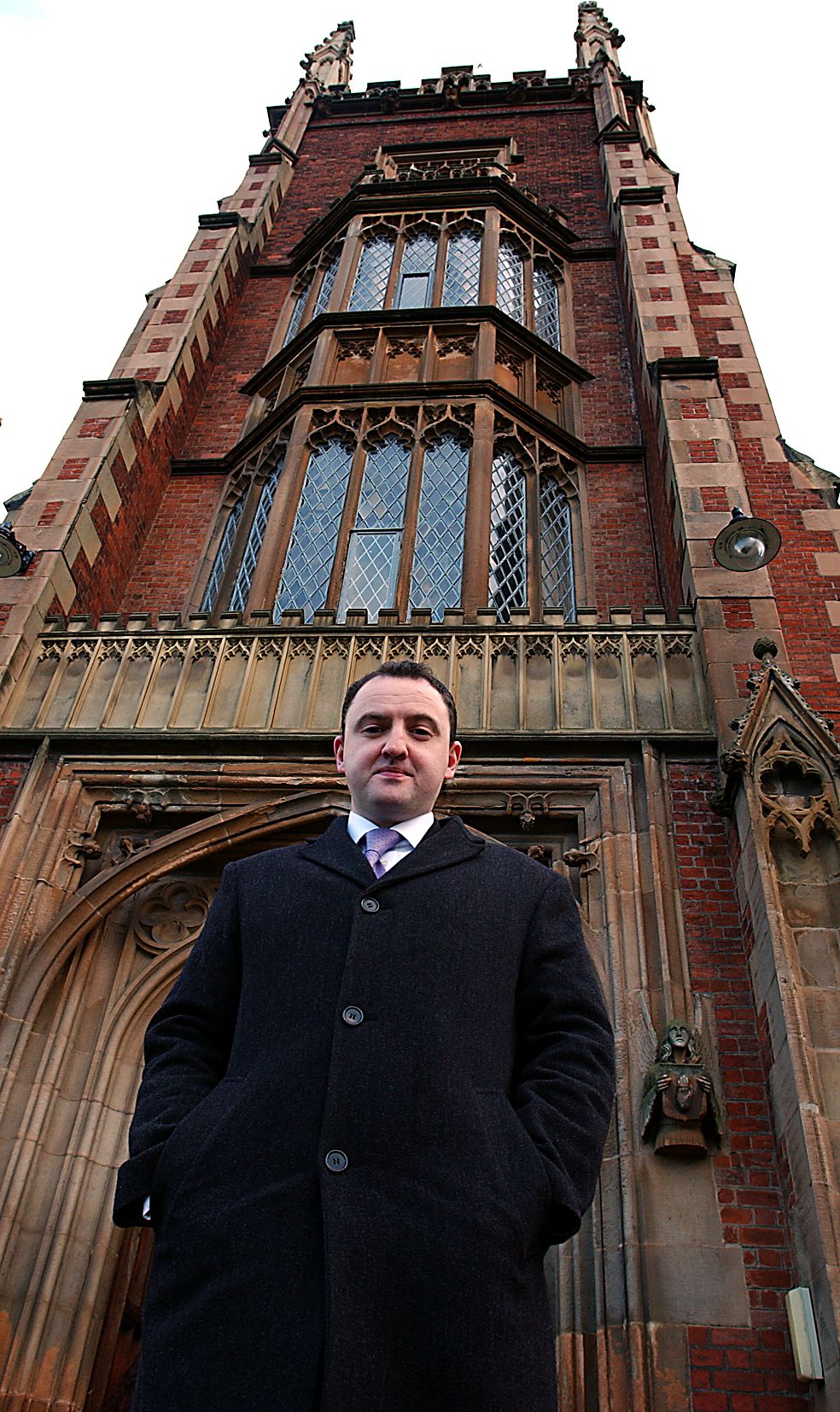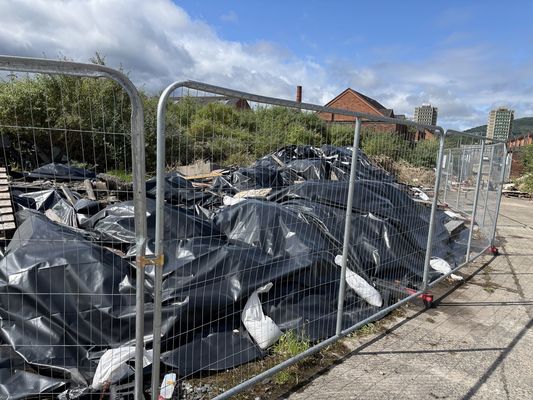THE furore created by the outrageous comments of the former MP Kate Hoey about nationalists in the professions has refused to go away. The main target of Ms Hoey and her unionist associates, Professor Colin Harvey of Queen’s University, has spoken of his gratitude for the wave of support that he has received from academic colleagues both on these islands and around the world.
However, certain individuals and media outlets have been doubling down on the contention that the law, the media and academia have been invaded by hordes of nationalist sleepers posing as solicitors, barristers, judges, reporters, broadcasters, professors and lecturers. Meanwhile, DUP leader Jeffrey Donaldson has refused to withdraw the support that he offered to the report in which Ms Hoey made her remarks.
It’s a story as old as colonialism itself. The gradual move away from subjugation towards justice and freedom has always at best discomfited those who have historicially benefited from the status quo – at worst it has sent them into paroxysms of existential confusion and fury. The latter is proving to be the case here in the North. Growing conversations around the future and the willingness by so many to enter into the debate about a new Ireland are causing huge angst among unionists already struggling to come to terms with the worsening nightmare that Brexit has become, and in particular the undermining of their position within the United Kingdom brought about by their Protocol betrayal at the hands of the UK Government.
It’s no surprise that the three professions in focus in this unedifying episode are ones which historically were not so much cold houses for nationalists and Catholics as ice palaces. The law was for decades effectively an arm of the one-party state, and during the most recent phase of the conflict the judiciary were happy to turn the handle of the meat grinder that was the Diplock Courts system. The press in the North was overwhelmingly unionist, a cheerleader for the anti-Irish Stormont regime, turning a blind eye to the egregious injustices which led inevitably to the outbreak of violence, and later acting as stenographers for the British Army and RUC press offices. The BBC was a bastion of unionist supremacy for decades, steadfastly ignoring the existence of Irish identity and culture while celebrating an annual anti-Catholic parade (amazingly, it still does).
Queen’s University, of course, was to the fore in the fair employment battles of the 80s and 90s, its religious breakdown as grotesquely skewed as that of the shipyard or Shorts.
What we’re seeing is a belated correcting of historic wrongs, a welcome injection of equality into institutions desperately in need of it. Not only can that process not be halted, much less reversed, those who rail against should be aware that there are many more advances still to be made. Those who don’t like it have a simple choice: get with the programme or get out of the way.








